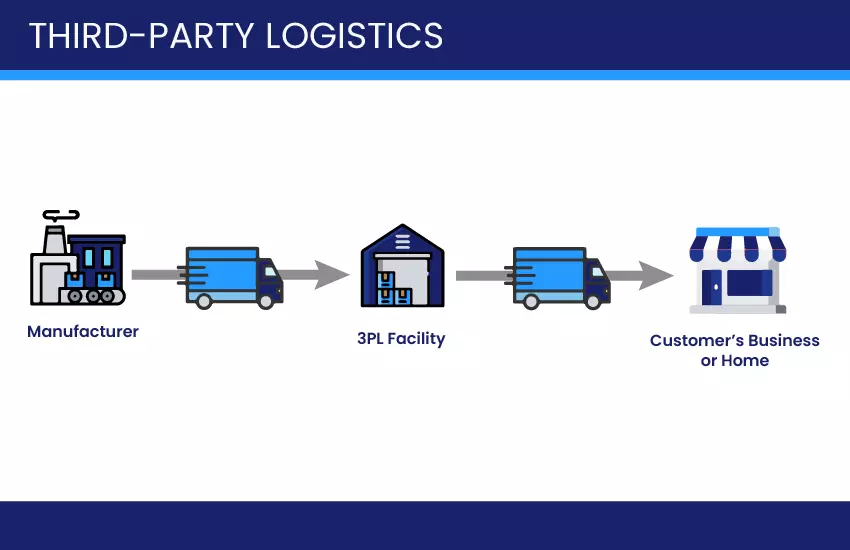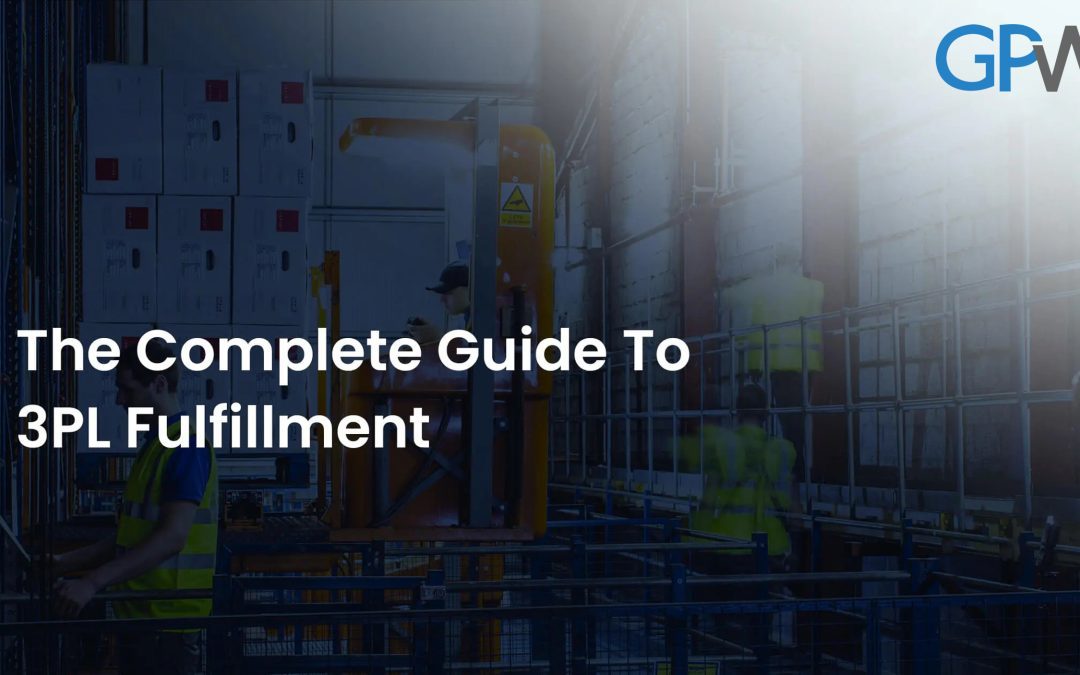Welcome to the world of 3PL fulfillment services, where efficiency meets convenience in the realm of logistics. Whether you’re a small business owner or an e-commerce giant, navigating the complexities of order fulfillment can be a daunting task. That’s where third-party logistics (3PL) providers come in to save the day! In this comprehensive guide, we’ll uncover everything you need to know about 3PL fulfillment services and how they can revolutionize your business operations. So buckle up and get ready for a thrilling journey through the world of logistics optimization!

What is 3PL Fulfillment?
What is 3PL fulfillment, you ask? Well, let’s break it down for you. 3PL stands for third-party logistics, which essentially means outsourcing your order fulfillment processes to a specialized provider.
Think of it this way: imagine running an e-commerce business where you need to manage inventory storage, organize shipments efficiently, and ensure timely delivery. It can be overwhelming!
With a 3PL provider by your side, not only do you gain access to their extensive network of warehouses strategically located near key markets but also benefit from their expertise in streamlining logistics operations.
In essence, opting for 3PL fulfillment services allows businesses to offload the logistical burden while gaining access to cost-effective solutions.It’s like having an entire team solely focused on making sure your products get from point A to point B seamlessly!
So if efficiency is high up on your priority list (and let’s be honest, when isn’t it?), 3PL fulfillment services are;
The Different Types of 3PL Fulfillment Services
When it comes to 3PL fulfillment services, there are a variety of options available to businesses. These services can be tailored to meet the unique needs and requirements of each company.
1. Warehousing and Distribution:
This is one of the most common types of 3PL services. It involves storing goods in a warehouse and then distributing them to customers as orders come in.
2. Order Fulfillment:
This service focuses on processing customer orders, picking and packing products, and shipping them out for delivery.
3. Inventory Management:
With this type of service, a 3PL provider will take care of managing your inventory levels, ensuring that there is enough stock available to fulfill customer orders while avoiding excess inventory costs.
4. Transportation Services:
Some 3PL providers offer transportation solutions such as freight forwarding, trucking, or last-mile delivery services.
5. Value-Added Services:
These additional services can include kitting (combining multiple products into one package), labeling/branding, product assembly or customization, returns management, and more.
It’s important for businesses to carefully consider their specific needs when choosing which type(s) of 3PL fulfillment services they require.
Pros and Cons of 3PL Fulfillment Services
- One major benefit of opting for 3PL fulfillment services is cost savings. By partnering with a third-party logistics provider, you can avoid investing in warehouse space, equipment, and personnel. This can significantly reduce your operational expenses.
- Another advantage is scalability. With a 3PL provider, you have access to their resources and infrastructure to accommodate increased demand without having to worry about capacity constraints.
- They have the knowledge and experience necessary to streamline processes, improve efficiency, and enhance customer satisfaction.
- However, there are also some potential downsides to consider when utilizing 3PL fulfillment services. One challenge may be relinquishing control over certain aspects of your supply chain operations. It’s important to carefully choose a trusted partner who aligns with your business goals and values.
How to Find the Right 3PL Provider for Your Business
- Finding the right third-party logistics (3PL) provider can be a game-changer for your business. With so many options available, it’s important to have a clear strategy in place when searching for the perfect partner.
First and foremost, consider your specific needs and requirements. Look for a 3PL provider that specializes in your industry or has experience handling similar products. This will ensure they understand the unique challenges you face and can provide tailored solutions.
Next, take a close look at their capabilities and infrastructure. Evaluate factors such as warehouse capacity, technology systems, transportation network, and fulfillment speed.
Another critical aspect to consider is transparency and communication. A good 3PL partner should provide real-time visibility into inventory levels, order status updates, tracking information, and performance metrics.
Don’t forget about cost! While it’s tempting to go with the cheapest option available, remember that quality often comes at a price. - Don’t underestimate the importance of references and testimonials.
By following these steps and conducting thorough research on potential 3PL providers, you’ll be well-equipped to make an informed decision that aligns with your business goals.

